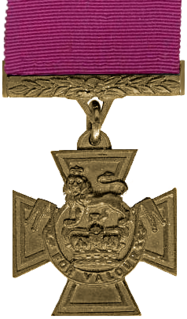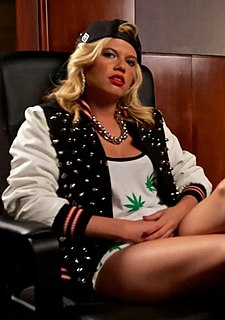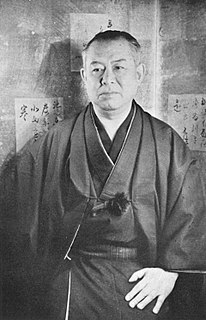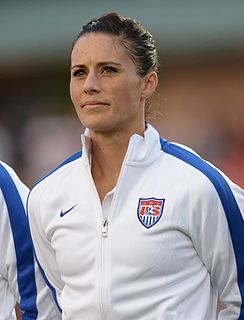A Quote by James Welch
My poems were just kind of all over the place. They had no focus, no location, nothing. Kind of a series of images that could have been set anywhere. A lot of the poems were just exercises for myself.
Related Quotes
I wrote the poems in Charms Against Lightning one by one, over almost a decade, and I did not write them toward any theme or narrative. But once I really got serious about putting together a book, I began to see that in fact there were themes across the poems, if only because my own obsessions had brought me back time and again to the same ground. I realized that any ordering of the poems would determine how those themes developed over the manuscript, and how the collection's dramatic conflicts were resolved.
When Emily Dickinson's poems were published in the 1890s, they were a best-seller; the first book of her poems went through eleven editions of a print run of about 400. So the first print run out of Boston for a first book of poems was 400 for a country that had fifty million people in it. Now a first print run for a first book is maybe 2,000? So that's a five-time increase in the expectation of readership. Probably the audience is almost exactly the same size as it was in 1900, if you just took that one example.
There is nothing “still” in the remarkably visceral poems of Alexander Long's third collection, Still Life, and nothing is at rest in these restless and edgy poems. Conversational and kinetic, these poems chart the traces left by the shifting overlays of the templates of literature, rock-and-roll, and contemporary culture. As each poem in Still Life attempts to fix a focus upon a scene or subject, the protean natures under view draw the poet into the eddies and complexities of reflection. This is a powerful and moving collection of poems.
The ancients waited for cherry blossoms, grieved when they were gone, and lamented their passing in countless poems. How very ordinary the poems had seemed to Sachiko when she read them as a girl, but now she knew, as well as one could know, that grieving over fallen cherry blossoms was more than a fad or convention.
As a sick kid, I always looked out the window. The objects of my observation were the sun, the seasons, the wind, crazy people, and my grandfather's death. During my long period of observation, I felt that something like poems were filling up my body. They were in some kind of state and condition that made them difficult to render into words. As a university student, I tried hard to write them in Korean. It was at that time that I foresaw my death and the world's death. I think my poems started at that time.
It's just that when you heard hip-hop, no matter where you were, it was a culture that kind of made you want to try to be part of it. Whether you thought you were an artist, whether you thought you could be a DJ, whether you thought you could breakdance, or whether you thought you could rap. It was the kind of culture that had a lot of open doors.
A good many of my poems over the years have alluded to or taken on the political. Stevens has a line in one of his essays: "Reality exerts pressure on the imagination." Inevitably what is omnipresent in the culture exerts its pressure on our imaginations to respond to it, even if indirectly. But in this case the backdrop of 9/11, coincident with the breakup of a marriage, the finding of new love, some kind of personal cataclysm... all of those were forces informing the poems in some way.
For me, I just set little goals for myself and stay on that kind of track and surround myself with positive people along with my teammates. I just kind of have my goals and my dreams, and this is something that we've all been working for our entire lives, so it is kind of easy to wake up and want to better myself every day towards that goal.





































